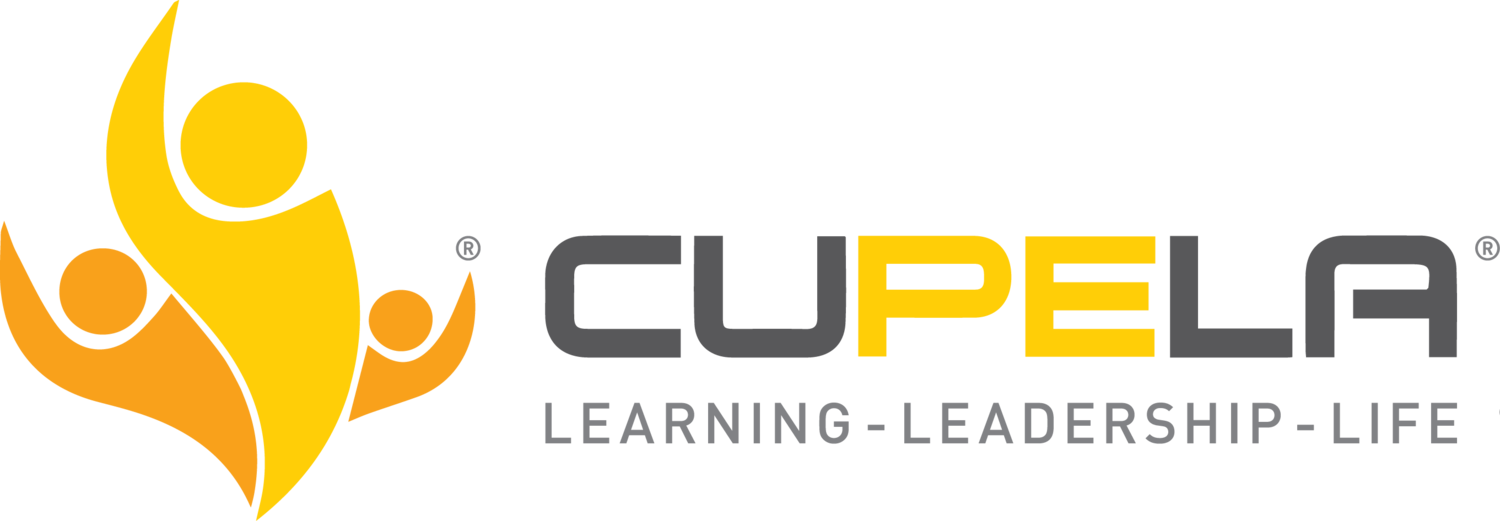The Know-How of Filtering the Right Talent
There are several criteria that go into hiring the right talent. Written tests, interviews, and psychometric analysis, all together promise to tell recruiters enough to make a long-term decision about a potential candidate. From a vast talent pool, all carrying with them the requisite qualifications, it becomes a tedious task to filter the right talent.
With multiple people who have decision-making powers in the process, different sensibilities compound the difficulty of making this subjective choice. There are, however, a few things to keep in mind about the hiring process and the modifications it needs.
Conduct Effective Interviews
Professional interviews often become a series of questions and answers that are extremely generic in nature. The more generic the questions, the more cliché answers. The pattern this creates is that interviewers are not interested in the person as an individual, but rather ask a set of questions that they already have preconceived notions about and expect set answers for. The interviewee, on the other hand, prepares only to impress, providing canned answers to the questions, thereby giving absolutely no insight to the interviewer about their potential place in the organization. There must be increased focus on allowing the person to be at ease and challenging them to think before they give answers. What gets ignored often is that candidates are individuals and their personalities will either add value to or negatively affect the organization. Understand the candidate better, let them understand you, and visualize the kind of fit they would be for the company, both qualifications wise and culturally.
Be Transparent about Challenges
At the outset, your potential candidate knows only what the organization allows to be perceived on the outside. This is normal. However, for someone you actually intend to hire, stay transparent about all the organizational challenges, the limitations of the role, and the areas for improvement in the company, especially for a role that might require change-making and innovation in existing processes. Be sure to discuss the culture of the workplace as well, and let the candidate determine whether they would be comfortable working in said environment. Show them around the office, right down to where they might sit and who they will have to deal with on an every-day basis. Take them through the amenities and facilities, and maybe even let them sit in on a meeting if possible. This will give them a good idea of the kind of discussions, briefs and interpersonal interactions that happen on a daily basis. There is currently too much emphasis on hiring the right talent, rather than allowing the talent to make the right decisions.
Stay Clear to Steer Clear of Ambiguity
Candidates need clarity on what is expected of them, and recruiters need clarity on whether the potential candidate is desirable and has the competence to fulfill these expectations. Outline the candidates KPIs with utmost lucidity, and ask them what they think of these indicators – whether they feel confident about living up to them, and whether they find them reasonable. In the case of new managers, they must always be allowed to meet and interact with their future team. This will enable them to better understand the challenges that lie ahead. Managers also need to know about the kind of support system that is being provided to them in the form of their team, while also being empowered to drive change and optimise the team after joining.
There is no dearth of talent and qualifications, but recruiting new employees needs to go a step beyond that to actually predict on the basis of insightful interviews, whether an employee is an appropriate fit or not.
This article first appeared on Entrepreneur India.

